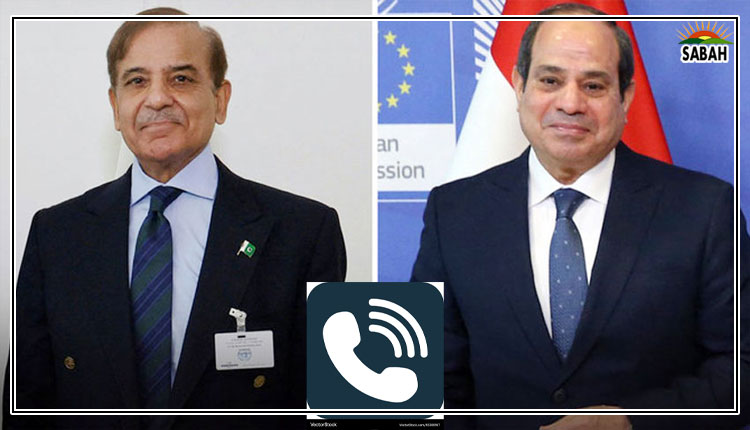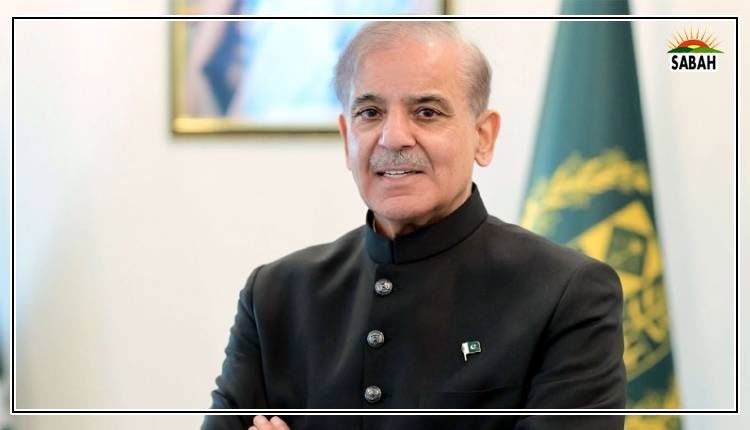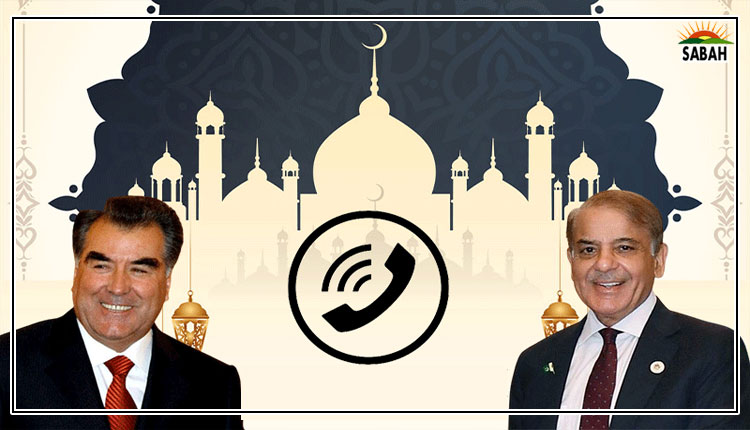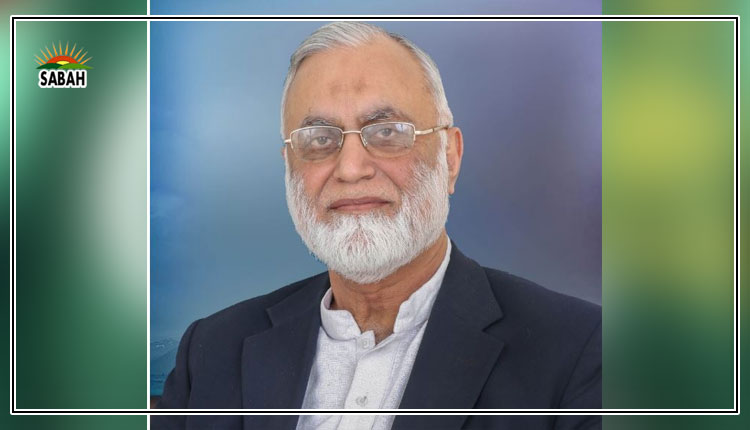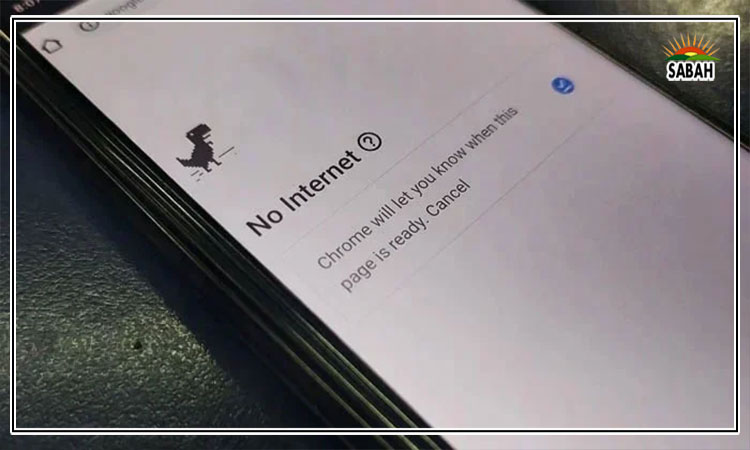Stuck in the shadows …. Nighat Dad & Seerat Khan
For the 14th consecutive year, Pakistan ranks as ‘Not Free’ on Freedom House’s Freedom on the Net (FoTN) report, with greater internet outages and restrictions on the internet. The question we ask ourselves for the 14th consecutive year is: how did we get here?
As of August 2024, Pakistan’s mobile broadband penetration rate reached 56.72 per cent, while overall broadband penetration stood at 58.19 per cent, according to the Pakistan Telecommunication Authority (PTA) Telecom Indicator. Despite an improvement in internet penetration rates in the country, internet outages and social media platform disruptions remain at an all-time high within the country. These blanket shutdowns have not only proved to violate fundamental freedoms such as the right to freedom of speech under Article 19-A, and right to freedom of association under Article 17 but have also significantly damaged the gig economy and tech sector within Pakistan.
In the first half of 2024, Pakistan ranked second among nine countries that imposed internet and platform restrictions before, during, and after elections, according to SharkTank’s Internet Shutdown Tracker. These widespread shutdowns have had a substantial economic impact, causing a loss of $237.6 million in 2023 alone, and affecting 83 million people. As a result, Pakistan now ranks seventh among countries suffering the most economic damage from internet shutdowns, highlighting the growing concern over the financial toll of these disruptions.
Despite the significant economic losses caused by internet shutdowns, Pakistan has continued to experience periodic shutdowns and throttled internet speeds in 2024. This has been linked to the alleged deployment of a new web monitoring system and firewall by the PTA, aimed at managing content and blocking applications and websites deemed non-compliant with the law. The government’s denial of these shutdowns, its varying statements, and then its shifting of the blame on VPN usage and damaged submarine cables shows the lack of concern on the part of the state and the declining rights of citizens within the country.
In contrast to the government’s denial, the Wireless and Internet Service Providers Association of Pakistan (WISPAP) has reported a 30–40 per cent decline in internet speeds, which has significantly impacted the country’s digital economy. Business associations and freelancers, in particular, have expressed frustration over these disruptions, including restricted access to essential communication platforms like WhatsApp. Amidst these challenges, along with X (formerly Twitter) remaining banned in Pakistan since February 2024, the Freedom on the Net report’s ranking of Pakistan’s internet freedom stands valid. The report has noted that some restrictive regimes, traditionally among the worst offenders, have shown some signs of improvement. However, Pakistan’s ranking remains unchanged, with concerns that it may drop further in the future due to the state of the internet and declining rights of users in the country.
Internet infrastructure restrictions and disruptions are only one factor contributing to Pakistan’s declining internet freedom rankings. Equally important is the rise in disinformation and technology-facilitated gender-based violence (TFGBV), which has significantly narrowed the online space for women and marginalised groups to express themselves freely. During the elections, the widespread use of deep fake images, videos, and audio targeting women political candidates and journalists, further eroded trust in the internet and contributed to a sense of disillusionment for users. This disenchantment among users has continued to grow, particularly in the wake of persistent disinformation cycles following the elections. A recent incident involving protests over an alleged rape case at the Punjab Group of Colleges highlighted the catastrophic consequences of this dis/misinformation. The overwhelming flow of information, coupled with a restrictive online environment with offline implications for users has fostered an atmosphere of uncertainty online and unfortunately. Little effort has been made to build resources for fact-checking and debunking claims and news.
As of now, Pakistan’s state of digital rights and human rights remain an area of concern – not just from an optics point of view for the country but also they violate the pledge Pakistan made with the International Covenant on Civil and Political Rights by Pakistan. Recently, the Human Rights Committee (HRC)’s response to Pakistan’s report during the 142nd session of the International Covenant on Civil and Political Rights (ICCPR) review repeatedly raised concerns regarding internet shutdowns and declining state of freedom of expression in the country. The committee – along with the citizens of the country – is seeking a clarification on what safeguards exist to ensure that the newly adopted firewalls and systems are not enforced in ways that violate fundamental rights to freedom of expression and privacy.
One persistent issue in the report and the ICCPR review that keeps coming up over the years has been the need for a strong data protection bill for citizens, particularly since citizens’ personal information is being exploited through breaches and hacks. In this digital age, data is vital for a growing and striving digital economy. However if no safeguards are in place to secure data of citizens in the country, the state’s goal towards achieving a thriving digital economy will fail. With 2024 ending, Pakistan still does not have data protection legislation and the definitions in current laws for terms such as ‘national security’, ‘public interest’ and ‘legitimate interest’ provide little solace to users or human rights bodies in the country.
The report accurately notes the increasing reliance on regulations in online spaces by states, a trend that Pakistan is all too familiar with as it continuously adopts new laws to limit online freedoms. What is needed now is not more legislation or regulation, but rather independent consultations with unbiased organisations that possess technical expertise in international human rights frameworks essential for Pakistan’s economic growth and state of human rights.
Currently, the Freedom on the Net report serves as an opportunity for self-reflection on our declining scores and should be a wakeup call for the government to be more transparent and accountable regarding the declining online freedoms in the country. Online freedoms and the digital economy are closely linked and intertwined together, and without free and unrestricted access to the internet, we cannot fully benefit from the advancing digital economy.
Nighat Dad is the executive director of the Digital Rights Foundation.
Seerat Khan is the programs lead at the Digital Rights Foundation.
Courtesy The News


